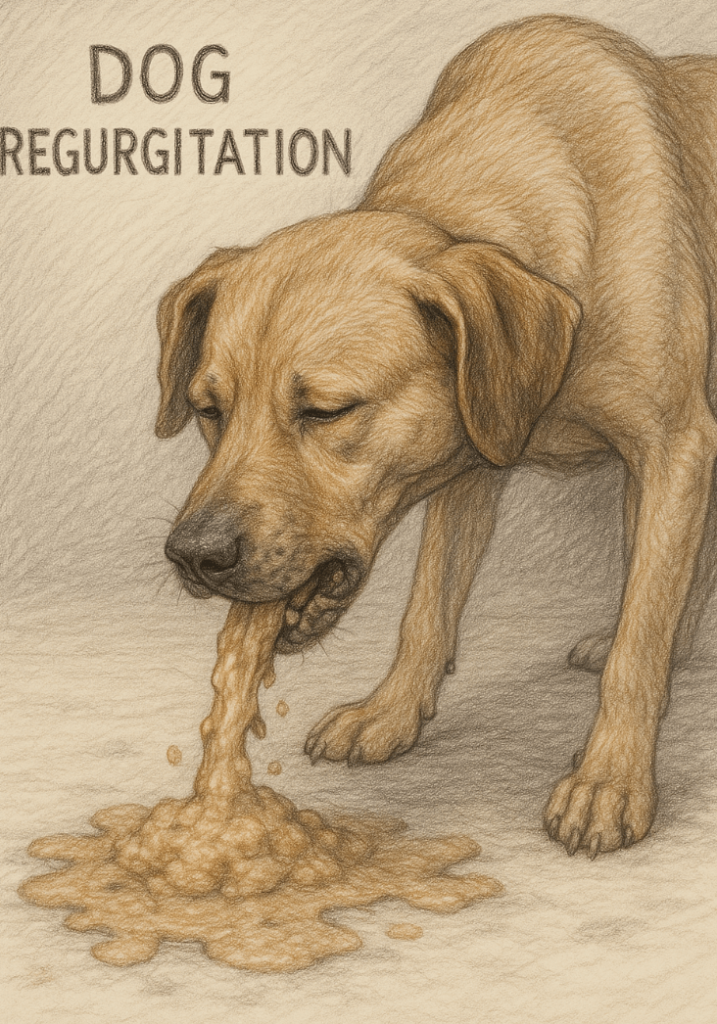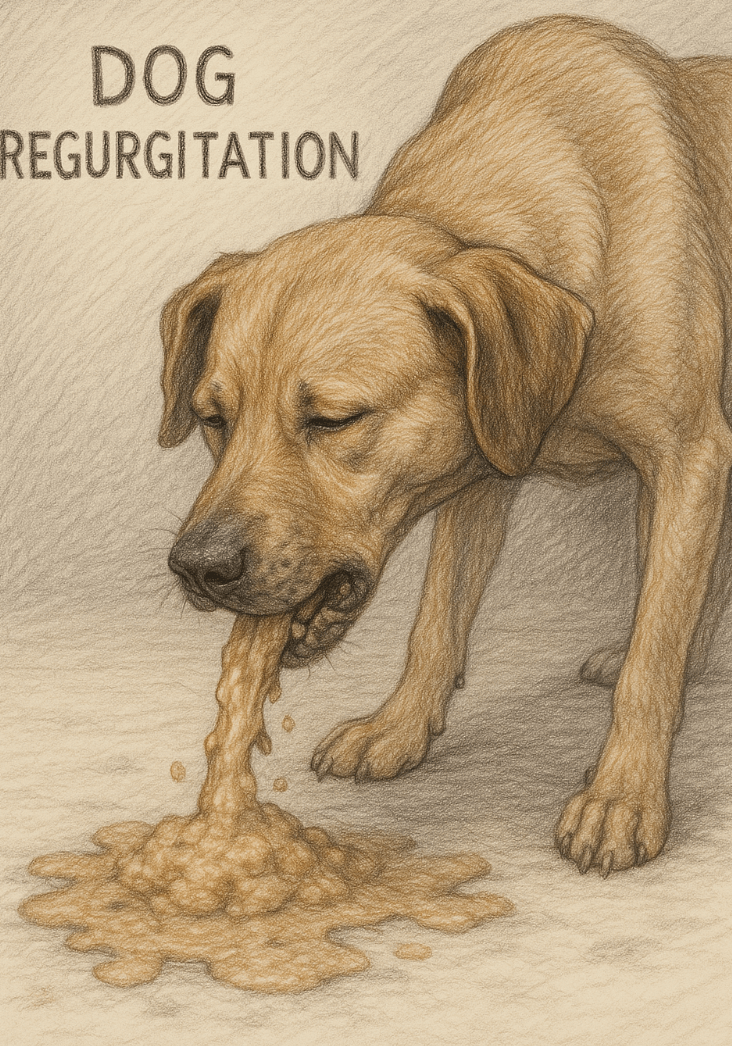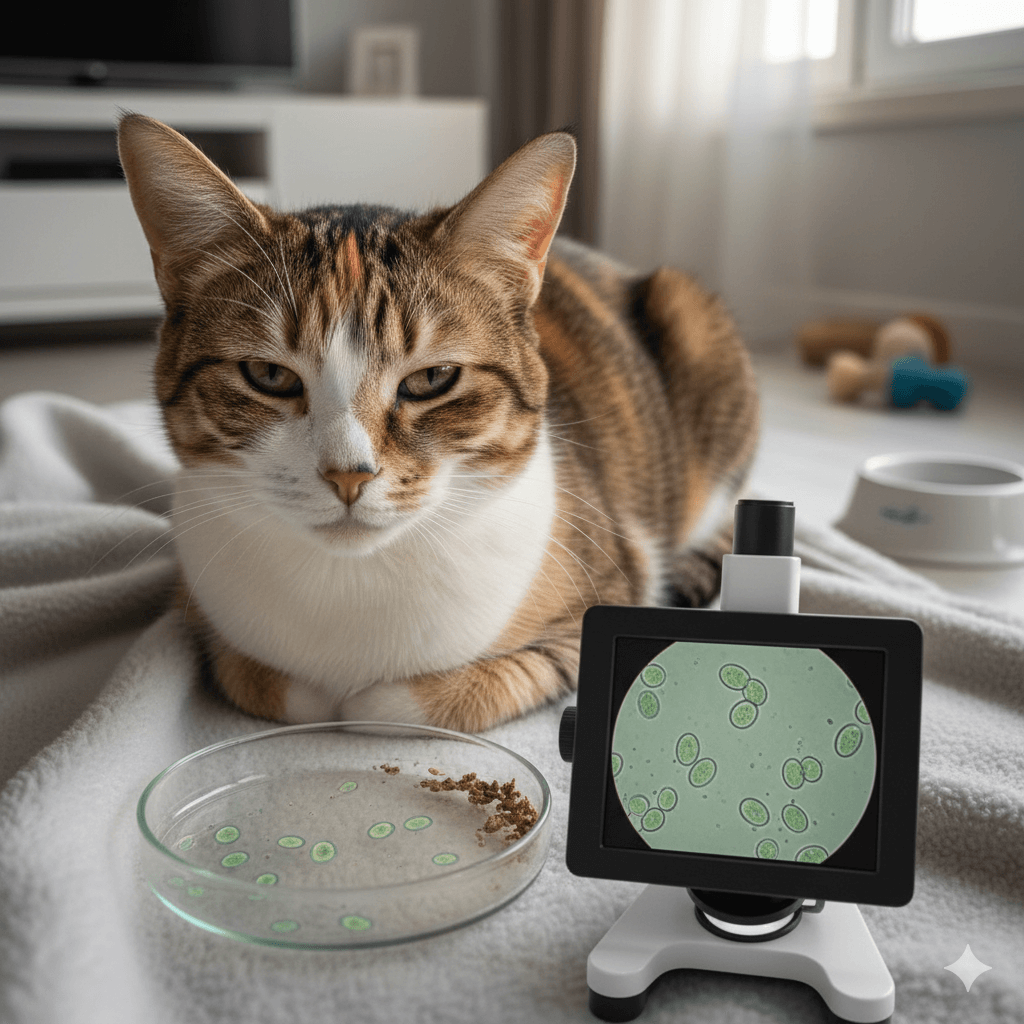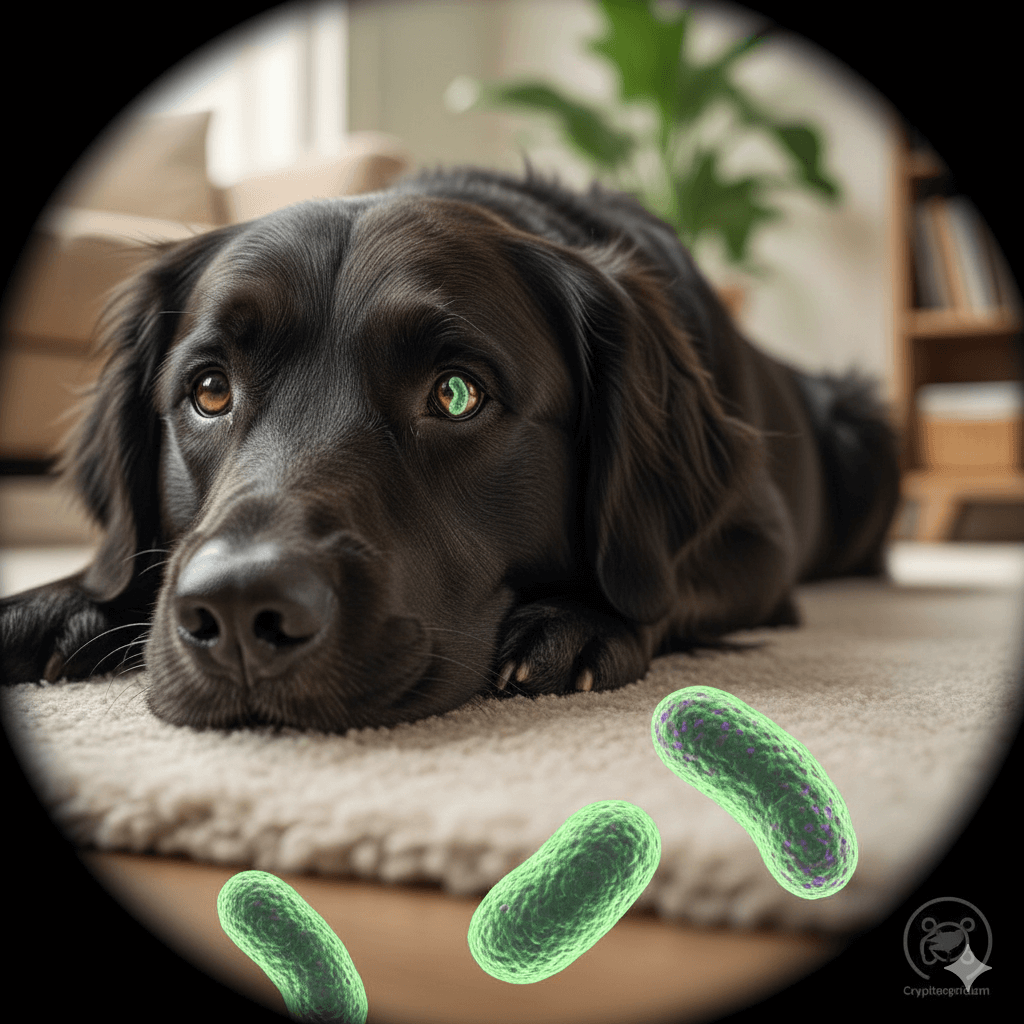Understanding Dog Regurgitation: Causes, Symptoms, and Solutions
Dog regurgitation is a common concern among pet owners, yet it’s often misunderstood. Unlike vomiting, which involves active retching and nausea, regurgitation is a passive process where undigested food or liquid is expelled from the esophagus without warning. While occasional regurgitation may not be cause for alarm, frequent episodes can indicate underlying health issues that require attention. Recognizing the signs, understanding potential causes, and knowing how to respond are essential for ensuring your dog’s well-being. In this blog post, we’ll explore everything you need to know about dog regurgitation, from prevention tips to when to consult a veterinarian.
Common Causes of Dog Regurgitation
Regurgitation in dogs can stem from a variety of factors, ranging from dietary habits to medical conditions. Identifying the root cause is key to addressing the issue effectively.
Eating Too Quickly:
Dogs that gulp their food may not chew properly, leading to undigested food being regurgitated shortly after eating.Food Intolerances or Allergies:
Certain ingredients in your dog’s diet may irritate their digestive system, triggering regurgitation as a response.Esophageal Disorders:
Conditions like megaesophagus or esophagitis can impair the esophagus’s ability to move food into the stomach.Gastrointestinal Blockages:
Foreign objects or tumors in the digestive tract can obstruct the passage of food, causing regurgitation.Anxiety or Stress:
Emotional distress can disrupt normal digestion, sometimes resulting in regurgitation during stressful situations.
By pinpointing the cause, you can take targeted steps to address the problem and improve your dog’s quality of life.
Signs and Symptoms of Dog Regurgitation
Recognizing the signs of regurgitation is crucial for distinguishing it from vomiting and determining the appropriate course of action. Here are some key indicators to watch for.
Undigested Food:
Regurgitated material often looks similar to how it was consumed, as it hasn’t reached the stomach for digestion.No Warning Signs:
Unlike vomiting, regurgitation typically occurs suddenly, without retching or abdominal contractions.Frequent Episodes:
If your dog regurgitates more than once or twice a week, it could signal an ongoing issue.Lack of Appetite:
Some dogs may lose interest in food if regurgitation becomes a recurring problem.Coughing or Gagging:
These symptoms may accompany regurgitation, especially if an esophageal disorder is involved.
Being observant allows you to catch early warning signs and seek veterinary care when necessary.
Check this guide 👉Why Is My Dog Throwing Up Undigested Food? Best 7 Tips!
Check this guide 👉Dog Throwing Up Blood Clots: Best 7 Health Tips!
Check this guide 👉Dog Throwing Up Bile: Best 7 Expert Tips!

Preventing Dog Regurgitation | When to See a Veterinarian |
|---|---|
Feed smaller, more frequent meals | Persistent or frequent regurgitation |
Use slow-feed bowls to reduce gulping | Presence of blood in regurgitated material |
Avoid feeding immediately before exercise | Loss of appetite or weight loss |
Elevate food and water bowls | Difficulty swallowing or breathing |
Monitor for food allergies or intolerances | Lethargy or other unusual behavior |
How to Manage Dog Regurgitation at Home
While some cases of regurgitation require veterinary intervention, there are steps you can take at home to minimize its occurrence and support your dog’s recovery.
Adjust Feeding Practices:
Divide meals into smaller portions and feed your dog multiple times a day to reduce the risk of overeating.Use Elevated Bowls:
Raising food and water bowls can help prevent acid reflux and ease digestion.Introduce Slow-Feed Bowls:
These specialized bowls encourage slower eating, reducing the likelihood of regurgitation.Eliminate Problematic Foods:
Identify and remove any ingredients that may trigger allergic reactions or digestive upset.Create a Calm Environment:
Minimize stressors during mealtime by providing a quiet, distraction-free space for your dog to eat.
Implementing these strategies can significantly reduce the frequency and severity of regurgitation episodes.
Dietary Adjustments to Prevent Regurgitation
A balanced and tailored diet plays a critical role in managing regurgitation. Making thoughtful changes to your dog’s nutrition can promote better digestive health.
Switch to High-Quality Food:
Opt for premium dog food that’s easy to digest and free from artificial additives.Add Moisture to Dry Kibble:
Mixing wet food or adding water to dry kibble can soften the texture and make it easier to swallow.Incorporate Probiotics:
Probiotic supplements support gut health and may reduce the risk of digestive issues.Avoid Rich or Fatty Foods:
High-fat meals can upset your dog’s stomach; stick to lean proteins and simple carbohydrates instead.Monitor Portion Sizes:
Overfeeding can overwhelm the digestive system, so ensure portion sizes align with your dog’s needs.
These dietary adjustments can make a noticeable difference in your dog’s overall comfort and well-being.
Common Mistakes to Avoid When Managing Regurgitation
While trying to address regurgitation, pet owners sometimes make mistakes that worsen the situation. Avoiding these pitfalls ensures better outcomes for your dog.
Overfeeding During Recovery:
Giving large meals too soon can overwhelm the digestive system and trigger another episode.Ignoring Underlying Health Issues:
Assuming regurgitation is harmless delays diagnosis and treatment of potential medical problems.Feeding Unsafe Human Foods:
Certain human foods, like fatty meats or dairy, can irritate your dog’s stomach and exacerbate regurgitation.Skipping Veterinary Check-Ups:
Regular vet visits are essential for monitoring your dog’s overall health and addressing concerns early.Using Punishment for Accidents:
Scolding your dog for regurgitating can increase stress and make the problem worse.
By steering clear of these errors, you create a supportive environment for your dog’s recovery.
Behavioral Changes That May Indicate Regurgitation Problems
Sometimes, changes in your dog’s behavior can hint at regurgitation-related issues. Observing these subtle cues helps you act promptly.
Refusal to Eat:
A sudden disinterest in food may suggest discomfort or fear of regurgitating.Pacing or Restlessness:
Dogs may pace nervously if they’re experiencing digestive distress or anticipating regurgitation.Excessive Drooling:
Increased saliva production can indicate nausea or difficulty swallowing.Seeking Attention After Meals:
Some dogs seek reassurance or comfort if they feel unwell after eating.Hiding or Withdrawal:
Withdrawn behavior may signal pain or discomfort associated with regurgitation.
Noticing these behavioral shifts allows you to intervene early and provide relief.
Alternative Remedies for Mild Regurgitation
For mild cases of regurgitation, natural remedies and lifestyle adjustments can complement traditional treatments. These options offer gentle ways to support your dog’s digestive health.
Herbal Supplements:
Herbs like ginger or slippery elm can soothe the digestive tract and reduce inflammation.Hydration Support:
Ensure your dog stays hydrated, as dehydration can worsen digestive issues.Massage Therapy:
Gentle abdominal massages can stimulate digestion and relieve tension in the stomach area.Acupuncture:
This alternative therapy may help regulate digestive function and alleviate stress-related regurgitation.Chamomile Tea (Diluted):
Offering small amounts of diluted chamomile tea can calm an upset stomach naturally.
These remedies should be used under veterinary supervision to ensure safety and effectiveness.
Frequently Asked Questions About Dog Regurgitation
Is regurgitation dangerous for dogs?
Occasional regurgitation isn’t usually harmful, but frequent episodes may indicate a serious underlying condition.
What’s the difference between regurgitation and vomiting?
Regurgitation involves passive expulsion of undigested food, while vomiting includes retching and partially digested material.
Can anxiety cause regurgitation?
Yes, stress and anxiety can disrupt normal digestion and lead to regurgitation in some cases.
Should I withhold food after my dog regurgitates?
Temporarily withholding food for a short period (1-2 hours) can give the stomach time to settle, but consult your vet for guidance.
How can I tell if my dog has an esophageal disorder?
Symptoms include frequent regurgitation, difficulty swallowing, coughing, or gagging; a vet can diagnose the issue through tests.
Taking Control of Your Dog’s Regurgitation Issues
Dog regurgitation can be alarming, but with the right knowledge and approach, it’s often manageable. By understanding the causes, recognizing the symptoms, and implementing preventive measures, you can minimize its impact on your dog’s health and happiness. Remember, persistent or severe regurgitation should always prompt a visit to the veterinarian to rule out serious conditions. With patience, care, and professional guidance, you can ensure your furry friend enjoys a comfortable and fulfilling life.
Understanding Cryptosporidium in Cats: Best 7 Expert Tips! – Spot symptoms, treat safely, and stop parasite spread in your home.
Understanding Cryptosporidium in Dogs: Best 7 Expert Tips! – Learn symptoms, treatment & prevention for this stubborn gut parasite.
Understanding Syringomyelia in Cats: Best 7 Expert Tips! – Recognize signs, manage pain, and support your cat’s neurological health with vet-backed guidance.
Understanding Syringomyelia in Dogs: Best 7 Expert Tips! – Expert insights on symptoms, MRI diagnosis, pain management & quality of life.





